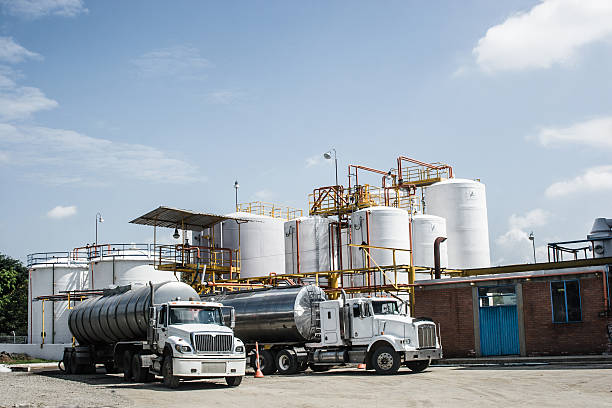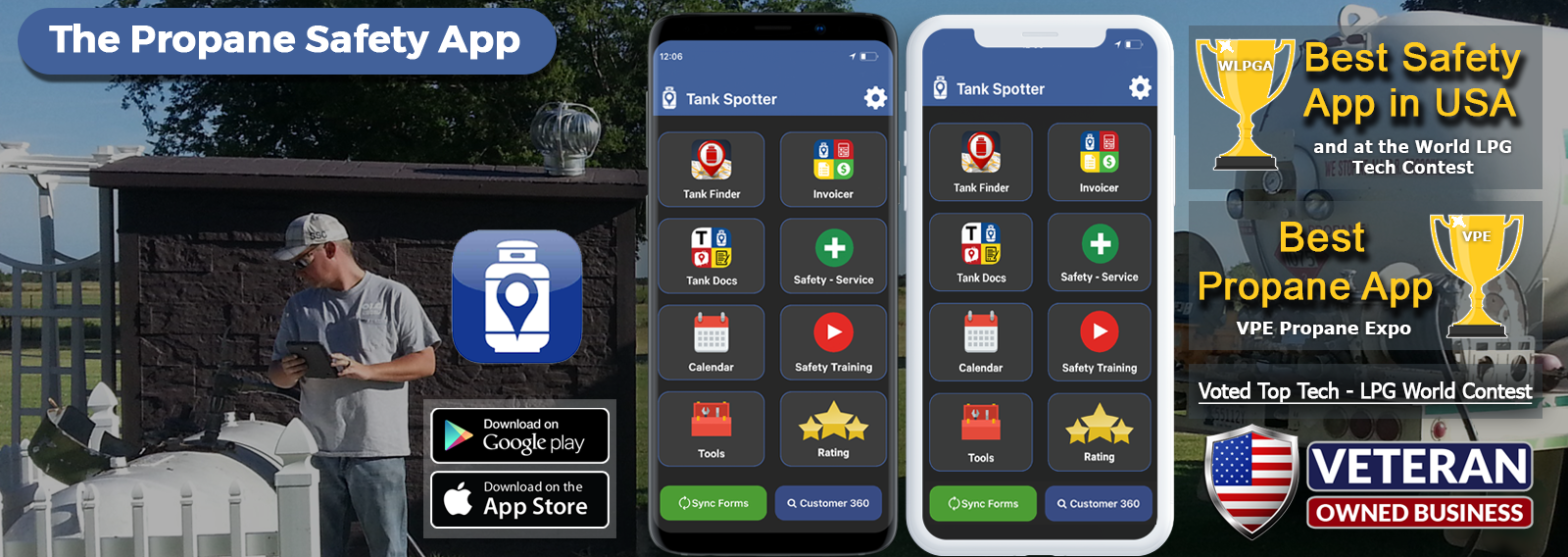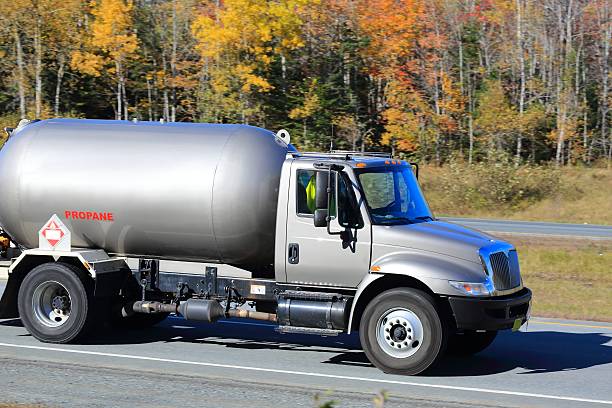Navigating Challenges in the Propane Industry: Strategies for Marketers
The propane industry plays a vital role in providing energy solutions to residential, commercial, and industrial consumers. However, like any industry, propane marketers encounter their fair share of challenges that can hinder smooth operations and growth. Here are some of the prominent issues propane companies face and the effective strategies to resolve them: 1. Supply… Continue reading Navigating Challenges in the Propane Industry: Strategies for Marketers



